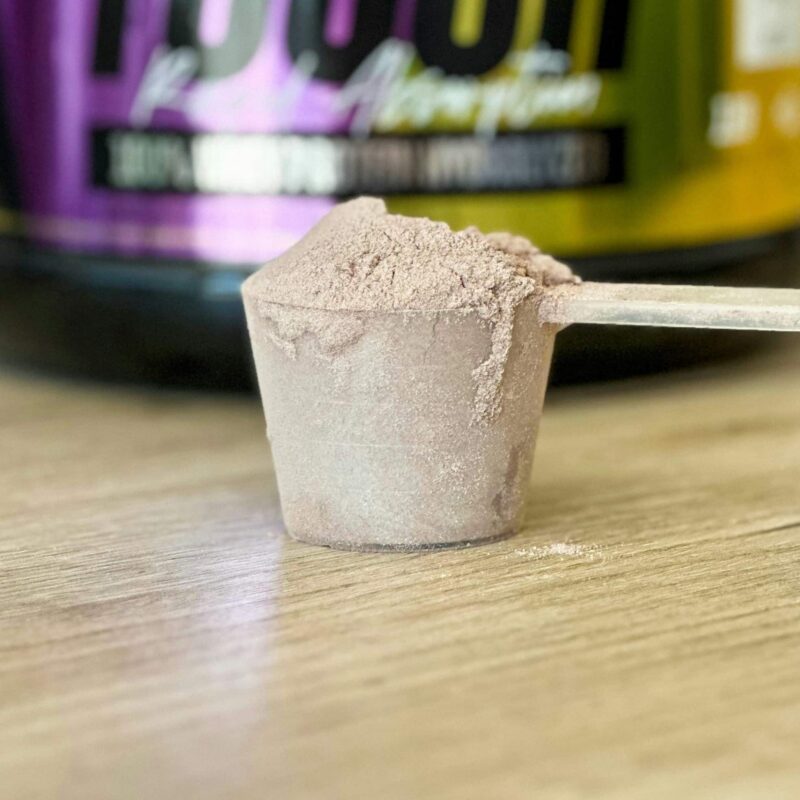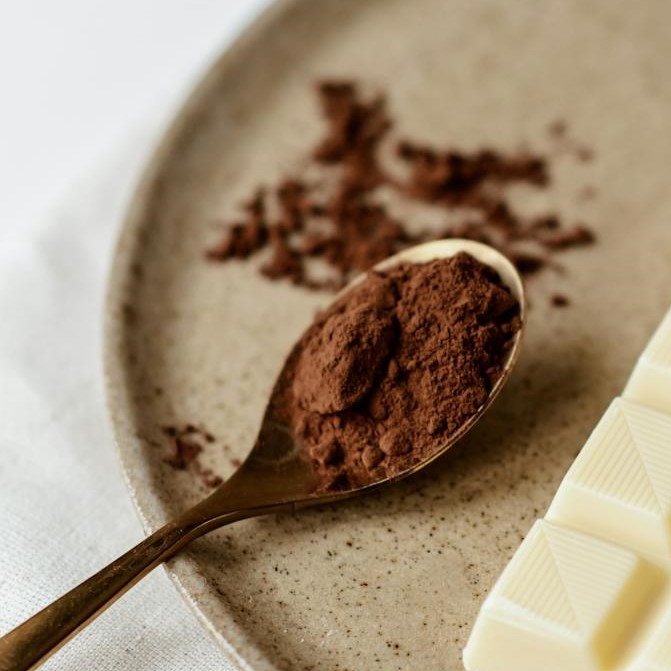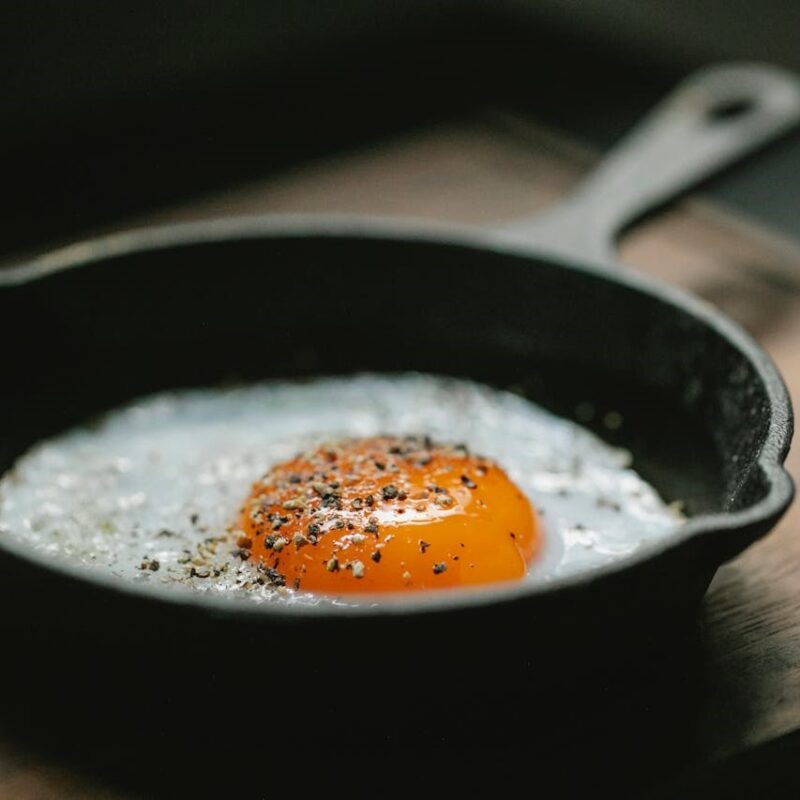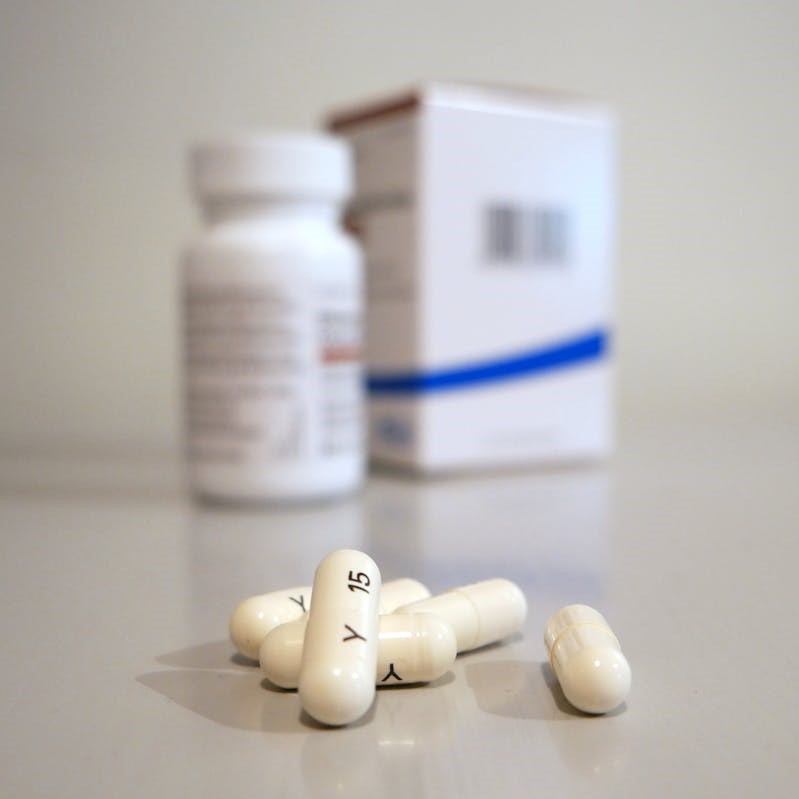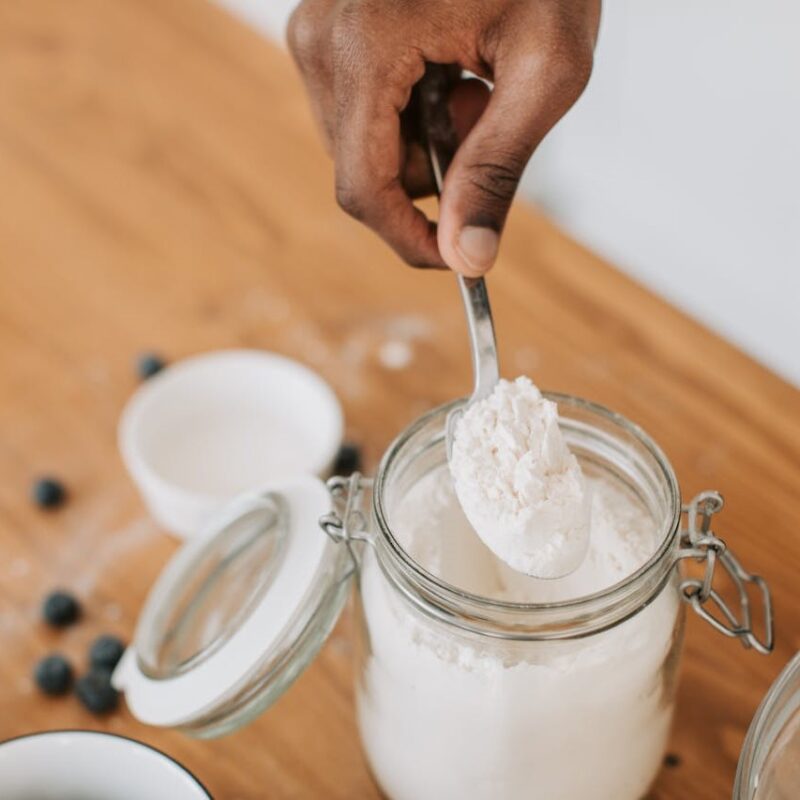
Blog
Natural Protein vs Protein Powder- What’s Best For You?

With the rising trend of protein shakes among fitness enthusiasts, people have started to incline more towards them. However, the battle of natural protein vs protein powder still remains in its place, and we wonder whether we should skip the natural protein sources and solely rely on supplements like protein powders.
While it’s true that protein powders are artificial and natural sources cannot be neglected to get high quality protein, it actually depends on your own situation and needs.
This article will cover the advantages and disadvantages of both natural protein and protein powders and see which will suit you best.
Understanding the importance of protein

If you’re a fitness enthusiast, you probably know the answer, and we don’t need to explain it.
But, if you’re new to the fitness industry, understanding the importance of protein will help you boost your journey and provide the potential to achieve your goals.
When we talk about the benefits of protein, they are endless. In fact, protein should be a part of our daily lives, and the amount of protein we need will depend on our lifestyle.
In general, protein is essential for building muscles, providing energy, preventing fatigue, and increasing lean muscle mass. As protein is such an important part of our diet, protein deficiency can have its own side effects.
Therefore, it’s better to fulfill your protein requirement through your diet. But should we really rely on protein supplements to get the required protein when we already have other protein-rich foods?
To find the answer, let’s dive deep into the advantages and disadvantages and see who wins the natural protein vs protein powder battle.
Pros and cons of natural protein

Natural protein sources should always be your first choice if you want to get the right amount of protein in your diet.
It is because natural protein, like that from milk and eggs, is all-natural, and you don’t have to worry about any additional ingredients that might be a threat. However, if you’re allergic to specific foods, they can trigger an allergic reaction.
Apart from that, natural protein from whole foods is highly beneficial and natural in providing enough energy and other benefits to you. Incorporating such foods into your diet will help you prevent protein deficiency.
However, the fact that such foods take time to cook has often made several people step back. You might want to have your protein right away, especially when you’re getting late for work. But wait. You have to wash and cook the meat, and it will take no less than 30 minutes?!
That is often the main reason people don’t want to rely on natural foods and have started to switch to processed foods simply because it saves time.
Also, it’s important to note that while cooking foods with protein, you might lag in getting the other nutrients. All foods contain different vitamins and minerals, and sticking to specific foods high in protein might make you deficient in getting other essential nutrients.
Pros and cons of protein powders
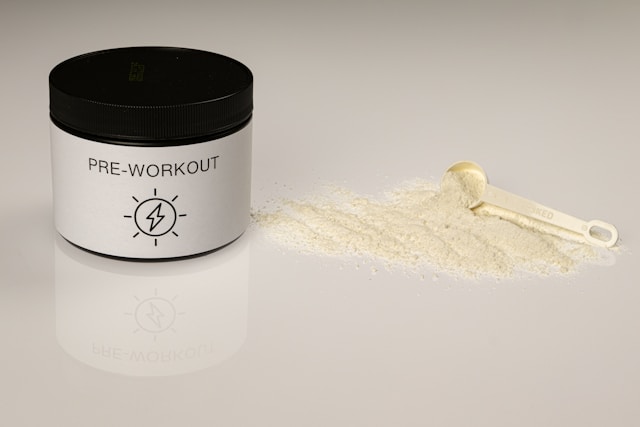
While protein powders have their benefits, they also come with drawbacks. While most people think protein powders are natural, they’re not. Protein powders are a nutritional supplement, and using anything apart from natural ones might have its own effects.
Now, let’s move to the pros and cons of protein powders and see why people often prefer them over natural protein sources.
High-quality protein
While it’s true that supplements cannot beat natural sources, protein powders are now refined to the extent that they contain high-quality protein, which we cannot always fulfill from our diet.
When talking about whey protein, whey protein isolate contains around 90% protein. Thus, a few scoops of this protein powder can help fulfill your protein requirement for the day.
Convenient and quick
The fact that protein shakes are super-quick to make has made it popular among office workers and gym enthusiasts.
Especially on busy days, people don’t like cooking food and waiting an hour or so. They want something they can grab on the go, providing them with the required nutrients. In such cases, a protein shake provides an instant boost of energy.
Plus, you can always try different recipes with protein powder instead of eating meat and eggs daily. This way, you get exciting foods to eat every day.
Provides the required nutrients
One great thing about protein powders that makes them better than whole foods is the addition of required vitamins and minerals.
Protein powders like whey protein contain all the essential amino acids; we can call it a complete protein.
Due to this fact, you can expect to find almost all the required vitamins and minerals in one place if you’re opting for a protein powder, some of which might be lacking in whole foods.
It’s because the composition of protein powders is in such a way that they cater to most of our bodily needs.
May contain artificial flavors
People who step back from protein powders are often the ones afraid of getting side effects from the added sugars.
While protein powders are good for you, you need to be careful about the added ingredients. With almost all the vitamins and minerals in one place, they might make you compromise on the quality.
The main purpose of adding these sugars and artificial flavors is to enhance the taste of the protein powders. The less artificial ingredients in the protein powder, the better it is.
So, it’s better to check the label and choose the right protein powder for you. Also, make sure you consider all the ingredients to avoid.
Take-away message
In this battle of natural protein vs protein powder, we recommend opting for natural protein sources as the first option to fulfill your protein needs.
However, if you feel like your protein needs aren’t being met, you can consider opting for nutritional supplements like a protein powder.
It’s always good to do your research and find the best fit according to your needs. If you want to go for whey protein powder, you should try our Hyper Whey, which has an 80% protein concentration. This unflavored protein powder also has minimal added ingredients and a good EAA and BCAA content.

